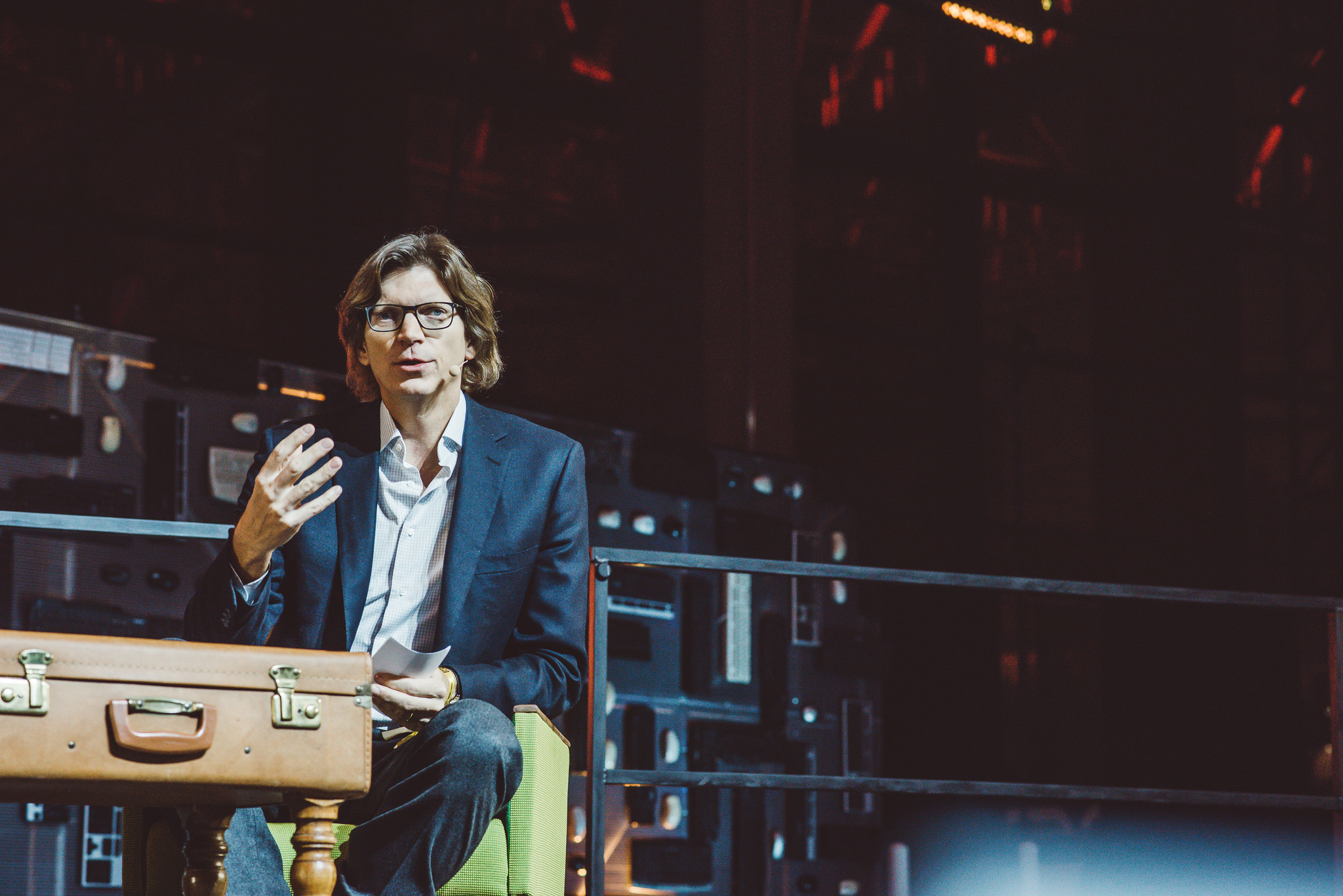Atomico and Slush released a study,“The State of European Tech”, at Slush 2015. The study is the most comprehensive review to date carried out on the European tech community, its tech talent, capital flow, entrepreneurial mindset, and success stories.
Niklas Zennström, CEO and co-founder of the investment firm Atomico, co-writers of the report, spoke at Slush about the big changes that have happened in European tech ecosystems in 2015. He summed up his feelings in a bold statement: “This is the most exciting moment to be in European tech whether you are an entrepreneur or an investor”.
Something big going on in Europe
In the past few years, 10 new companies have reached a billion dollar evaluation, 10B dollars has been invested by VC’s in the region, there are 5 000+ active angel investors and 1.6M developers in Europe today.
During the last decade, the biggest change has happened in the tech ecosystems. Zennström emphasized how Slush in the beginning was an event with just a handful of people, compared to this year with its 15 000 attendees. The tech ecosystems in Europe have been maturing and today there’s places like Stockholm, London, Berlin, which have become very strong hubs. Cities such as Helsinki, Paris, Madrid, Barcelona, Zurich, Oslo, Copenhagen are also keeping up with the ecosystem today.
An unstoppable talent pipeline
Today there’s experience and talent coming from Universities. Students graduating today are now considering becoming entrepreneurs or working for one of the big and successful tech companies. A few decades ago, people didn’t encourage someone to become an entrepreneur, but attitudes have changed. Successful founders are also going out and reinvesting in the ecosystem, continuing the cycle of successful companies.
Compared to the US, the tech scene in Europe is very different. The US is much more centralized around hubs Silicon Valley, LA and Boston. In Europe, there is a more distributed systems of hubs, each with their own characteristics. According to Zennström, we need to to connect these hubs much more. “It’s all about sharing our best practices, ideas and talent with each other.” emphasized Zennström. “If the eco-system is not strong enough for a startup in their own hometown, they move to cities like London and Berlin where the ecosystem is available.”
If you’re starting a company in a place where you really don’t have a lot of great companies, the people you recruit are more likely to stay and grow with you. In Zennström’s case, when building up Skype, they had one of their largest offices in Estonia and most of their engineering team was based there. “We basically recruited everyone in the small city. The people stayed with us because we were the biggest name in town.”
The way we scale companies in Europe, specifically in smaller countries like Sweden and Finland where the domestic market is small, we think global from day one. “It’s a competitive advantage to be from the small countries, if you have that global mindset from day one you are better equipped for tomorrow.”
Less capital – not necessarily a bad thing
Because we have less capital in Europe, European companies are built up in a more reasonable way. Most of these companies are much more focused on sustainability, as they can’t always guarantee finance in the future. Zennström explained: “This is something we encourage our portfolio companies to think through, what is the potential and downside scenario, what if you cannot get access to capital in the next seven years what is your plan B?”
Lastly, when starting up a company, Zennström pointed out how important it is to get the right people around such as co-founders and investors. “If you have the potential to build a world class company, you should stick with it. You shouldn’t think about exit, you should think about building up a fantastic business that has sustainable competitive advantages that can outcompete anyone else. Think BIG, there’s no reason why you shouldn’t.”
This article was originally posted on Slush.
 Nordic Startup News Early Stage Startup News From The Nordics
Nordic Startup News Early Stage Startup News From The Nordics


